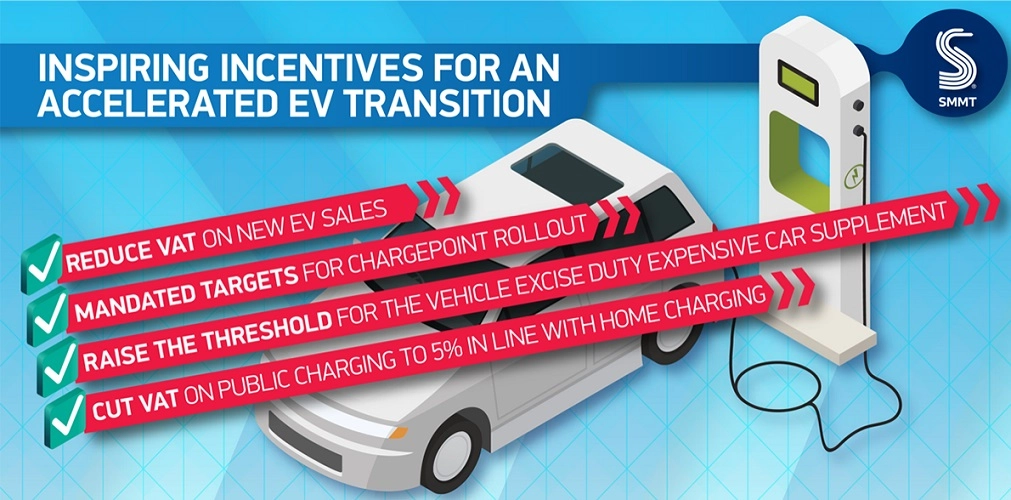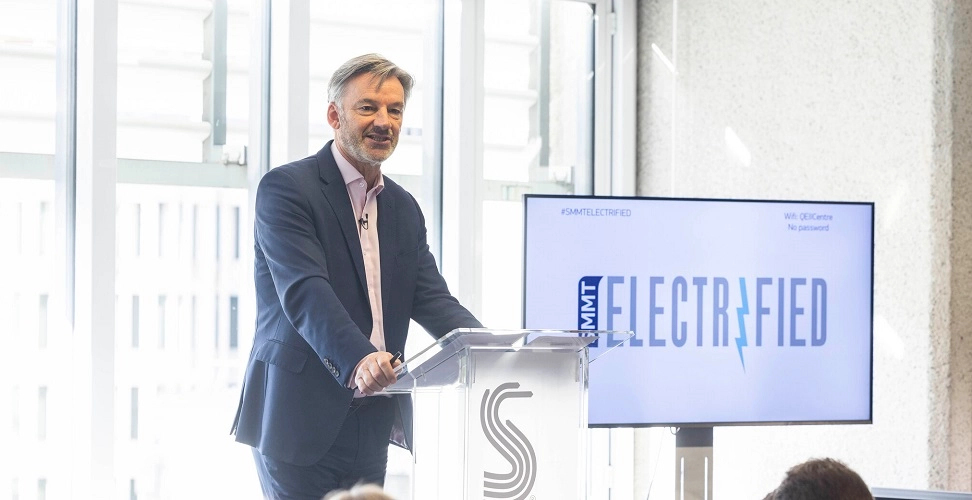According to the Society of Motor Manufacturers and Traders (SMMT), the UK’s transition to electric vehicles is moving beyond the “early adopter” phase, with over 800,000 units registered since 2018 and on track to reach nearly an 18% market share by the end of the year.
However, the end of incentives for private consumers “undermines mass market demand.”
In this regard, Mike Hawes, Chief Executive Officer at SMMT, stated: “Government has recently demonstrated its commitment to EV manufacturing in the UK and that commitment must be extended to the consumer.”
“A comprehensive package of measures would encourage households across the UK to go electric now, boosting an industry slowly recovering from the pandemic and delivering benefits for the Exchequer, society and the global environment,” he added.
Read more: Juice Technology: “We Need to Regain the Incentives We Had for eMobility”
Indeed, with the proposed Zero Emission Vehicle Mandate, which is nearing finalization and set to be implemented in around 100 days, the push for demand becomes more urgent.
This is why, even though manufacturers already offer attractive purchase incentives, they need to be complemented with government-backed benefits.

A new survey commissioned by Savanta demonstrates that two-thirds (68%) of drivers want to transition from gasoline cars to electric cars.
However, convincing consumers to make the switch depends on financial incentives (according to 68% of those surveyed) and easy access to affordable and reliable public charging (according to 67% of those surveyed).
In fact, only 2% plan to do so this year, and 17% in 2024, with more than half saying they won’t be ready until 2026 or later.
On the other hand, nine out of ten drivers who have made the switch state that they would never go back to a conventional fuel car.
The majority (57%) enjoy spending less on fuel, although most of these individuals have access to home charging (84%). Half (49%) are delighted to have reduced their environmental impact.
“We are entering a new phase in the UK´as transition, in wich Britain can and should be a leader. We have the industry, the love of new technology, and the scale to succeed,” commented Hawes.
SMMT Reveals EV Figures
During the SMMT Electrified, the UK’s premier summit on the transition to zero-emission vehicles, over 600 automotive industry leaders celebrated the departure of battery electric vehicles (EVs) from the “early adopter” phase.
Additionally, they discussed the measures required to bring the technology to the mass market following a 21-fold growth in EV adoption since 2018.
According to recent data from SMMT, one electric vehicle is registered every 60 seconds, making Britain Europe’s second largest zero-emission car market by volume.
The reality is that the adoption of EVs has increased significantly in the last five years.
While they represented only 0.7% of the new car market in 2018, this year it is expected to reach 17.8%, although the market needs to progress even faster to meet net-zero emission goals.
While the shift was originally driven by private consumers, the removal of the Plug-in Car Grant in 2022 left Britain as the only major European market without incentives for consumers.
Indeed, sales to private buyers have dropped from more than one in three to less than one in four.
Charging Infrastructure Installation
In order to encourage consumers to purchase electric vehicles, it is essential that they can easily access affordable and reliable public charging, as the lack of infrastructure is one of the reasons hindering the transition.
To address this issue, the UK government recently announced an investment of £444 million in a program aimed at creating thousands of public charging points for electric vehicles.
This announcement coincides with the opening of a charging center in the English region of West Midlands, where 180 EVs can be connected simultaneously.
Indeed, with these initiatives, it is expected that this deficiency can be addressed in the short term.








